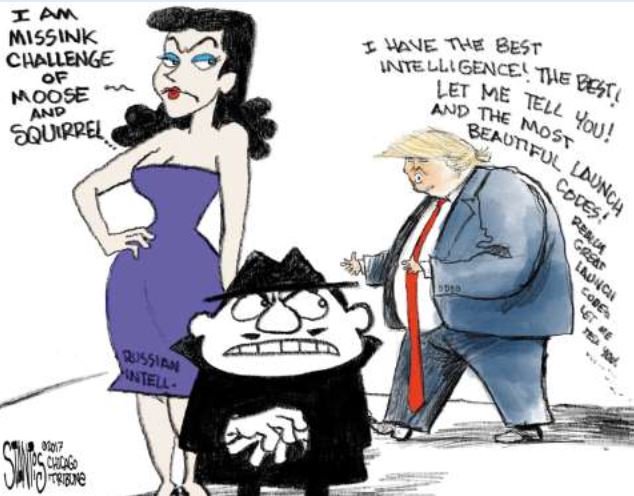The price of a pound of legal marijuana plummeted in January, according to a new report tracking the commodity’s U.S. spot price index.
The first month of 2018 has been marked by uncertainty in the cannabis industry after U.S. Attorney General Jeff Sessions rescinded Obama-era guidance on marijuana enforcement. But analysts at
Cannabis Benchmarks, an independent price reporting agency, said that the policy shift has not yet had a major impact on legal cannabis prices nationwide.
Instead, an overabundance of cannabis sent wholesale prices into a free fall, the firm reported.
The U.S. spot index for cannabis last week stood at a national average of $1,292 per pound, a 3.5% decline compared to the week prior, according to Cannabis Benchmarks.
Similar to commodities like gold and oil, the Denver-based independent price reporting agency tracks spot prices — the current value in the marketplace at which an asset can be bought or sold for immediate delivery.
The overall drop in pot prices “was driven primarily by significant week-over-week decline in wholesale rates in Oregon, though most of the major Western markets saw decreases in their composite prices, with Colorado the only exception,” the report said.
Prices were also dragged down by Washington state, where they fell to $1,004 per pound, the lowest price Cannabis Benchmarks has seen in three years of reporting.
Demand for legal pot leveled off in some of the mature cannabis markets during the second half of 2017, report author Adam Koh told The Cannabist. While there may still be some growth in those markets, expect the downward trend in prices to continue through the first quarter of 2018, he said.




